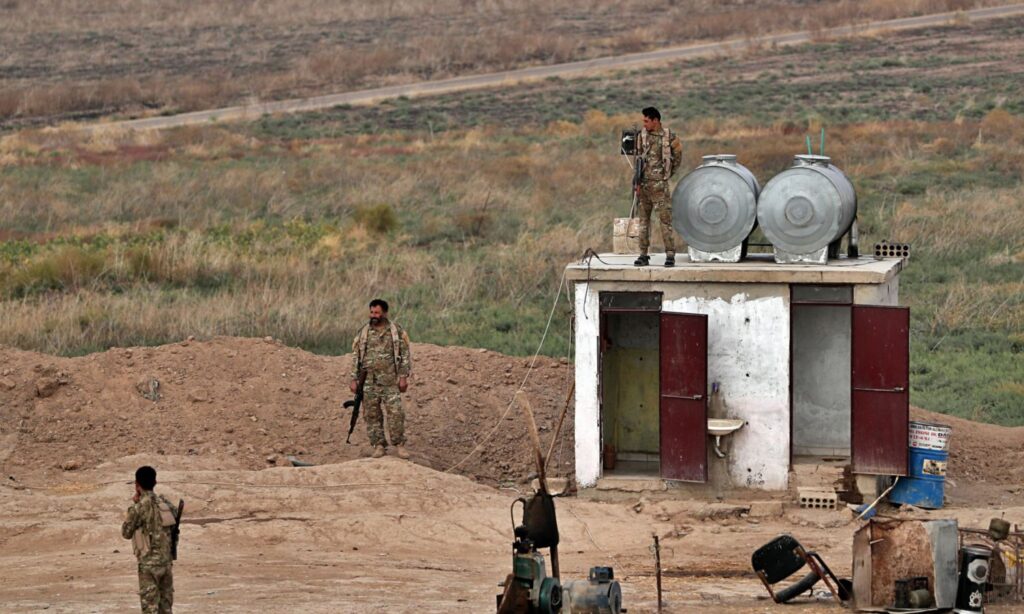The Autonomous Administration of North and East Syria (AANES) has abolished customs duties and other taxes between the areas under its control and the rest of the Syrian regions.
AANES stated today, Wednesday, December 18, that it “made this decision out of concern for the unity of Syrian territories and in line with the changes that have occurred in Syria represented by the fall of the regime.”
It pointed out that the procedures previously adopted, such as imposing customs duties and taxes, were a result of the exceptional and security conditions that the region experienced and the blockade imposed by the ousted regime on the areas controlled by it. Therefore, following the end of those conditions, it decided to abolish the duties and taxes.
This directive is effective from the date of its issuance today, Wednesday.
In July 2019, AANES approved the customs law in the areas under its control in northeastern Syria, which defined the mechanisms of import and export to and from its territories.
The law includes “definitions and general principles, principles of applying the customs tariff, duties and taxes, revocation of tariffs and exemptions, warehouses, rights of customs workers, free zones, temporary imports, re-exports, monitoring of smuggling, customs brokers, collection, customs violations and their penalties.”
In July 2021, the Council of the Autonomous Administration approved the amended customs law to regulate the border and internal crossings of the administration.
AANES stated at that time that the law aims to limit the violations that occur at the border and internal crossings in cases of customs clearance and customs tariffs, and it ensures the safety of materials entering and exiting the areas of AANES, according to the statement.
The General Administration for Vehicle Registration, affiliated with AANES, issued a notice last May urging residents in the areas under its control not to purchase uncustomed vehicles to avoid opening the customs door for vehicles manufactured before 2016.
AANES stated that uncustomed vehicles will be subject to immediate confiscation, and individuals who smuggle them into northeastern Syria will be legally pursued, which sparked discontent among the residents.
AANES relied on foreign trade with Iraq and the exchange of goods with areas under the control of the ousted Syrian regime and opposition-controlled areas through several official and unofficial crossings as a primary economic resource.
AANES is connected to Iraq through the Semalka crossing located on the northeastern border of Syria and the al-Yarubiya crossing located north of the town of al-Yarubiya.
The areas controlled by AANES are concentrated in the Raqqa, al-Hasakah, and Deir Ezzor provinces east of the Euphrates, and areas in the Aleppo countryside, notably Ain al-Arab.
AANES announced the raising of the flag of the Syrian revolution over all councils, institutions, and administration facilities under its control in its areas.
AANES stated on December 12 that its decision came on the occasion of “the end of the era of oppression and domination imposed by the Syrian regime on the people for more than half a century.”

